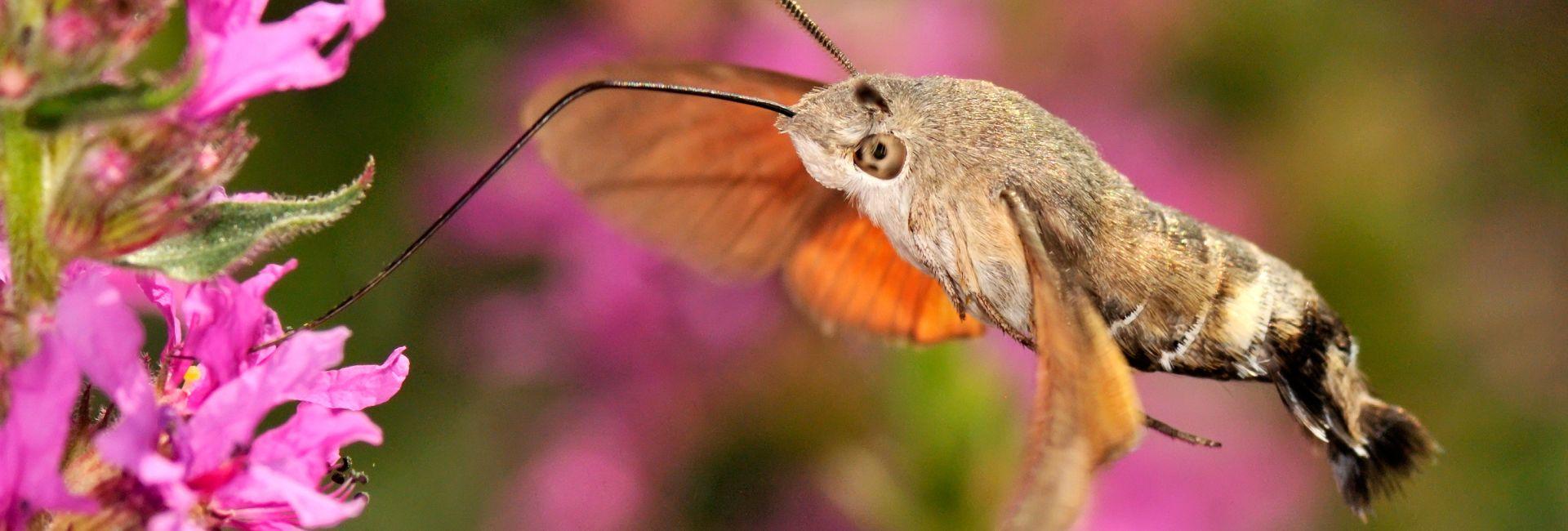As we all know, the many species of animals around the world come in different shapes and sizes and have different strengths and weaknesses, but one thing they all have in common is that they are dependent on humans to survive in this ever-changing world! Humans contribute massively to wildlife but not always in the best of ways. Over the years, many wildlife species in the UK have been exposed to the same threats that other endangered animals such as Rhinos, Pandas and Elephants have been. According to Act For Wildlife, led by Chester Zoo; 72% of British Butterfly species are declining, 88% of all UK Forests have been lost, catastrophically resulting in the UK having the least amount of forest environment in Europe, and it has gotten to the stage where sadly 20% of wild flowers in the UK now face extinction.

National Wildlife Week takes place from the 13th – 17th March and offers an opportunity to give all types of wild animals hope that their habitats are being preserved and supported by humans, who essentially pose the biggest threat to them. Individuals, families and communities can all get involved in the occasion which began in America in 1938, making a difference to the wildlife that often so easily passes us by. They are under the same threats from pollution, habitat loss and climate change, which are sadly affecting many species around the globe, but there are ways that you can help.
The National Wildlife Federation suggest ways that families can come together to support the cause! They propose activities such as making butterfly gardens or exploring a nearby pond or coastal area, as this is a great way to become educated about, and committed to Britain’s wildlife. This all contributes to the wildlife conservation efforts that help massively and particularly for the endangered species too.

There are also ways that you can help wildlife conservation that may have never occurred to you before which include:
- Conserving water in your home and garden by collecting rain waiter in buckets to water your plants with.
- Disposing of pet waste appropriately, as this will prevent it from washing off into local streams and lakes. This involves double bagging your pet’s waste at home and depositing it in the dustbin to be picked up during bin collection. Additionally, whilst out and about, ensure that you are picking up pet waste with antibacterial waste bags to deposit into a designated animal waste bin
- Plant a tree as native trees will attract plants and insects to pollinate further.

You can also get involved by posting pictures of your favourite animals on social media using the #nationalwildlifeweek hashtag. There are many organisations on twitter that are promoting awareness of National Wildlife Week in this way. These organisations are supporting the cause in a number of other ways too such as:
- By building shelters for animals to take cover in!
- Planting native plants to provide food for the animals.
- Creating compost gardens to improve soil structure for the wildlife that resides there.
Why not have fun this National Wildlife Week? Get creative and show us here at The Great Projects your wildlife conservation efforts by uploading your photos and videos to twitter, and tag us at @TGPVolunteer! You can also post them to our Facebook page too @TheGreatProjetcs! We would love to see how you enjoy supporting our national wildlife.

National Wildlife Week is the perfect way to start contributing to wildlife conservation in Britain and all around the world. The more educated you become regarding the wildlife and nature, and how crucial it is for the continuation of the environment in the future, the more able you will be able to preserve it in the most appropriate way! It is a great opportunity to spend time with friends and family and get creative!
Of course, it is not just Britain’s beautiful wildlife and nature that is under threat. There are many critically endangered animals around the world that need your help. To find out more about volunteering with endangered animals abroad, visit here to find out more about our volunteering experiences today!













